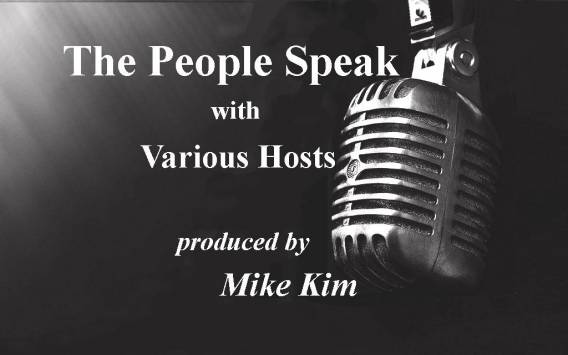ET Yoga with Charles Green This Episode was about 'Quantum Physics and You' and relates many new discoveries in physics and science that totally change the way we view the world and support many of the self empowering techniques taught at ET Yoga.
Adventures Into Sovereignty with Rebecca Cope hosting the group.
New Realities with Alan Steinfeld and special guest guest, Laurie Gregg - inventor of Hyp Body
Admirable Friends with Buddy and Carol Fichera, and Alex
The Divine Energy with Tom Paladino and guests
Scientist, Tom Paladino, has developed a scalar energy technology that has the capacity to send energy to clients all over the world that subtly influences their body's bio-field inducing repair while simultaneously devitalizing pathogens! See the power of scalar energy yourself in this photo of Tom hold light bulbs over the scalar field that light up without being plugged in!
Join Tom as we explore the invisible world of energy and how it can change your life!
LARRY PAYNE - Yoga Instructor, Therapist, Author of Yoga RX and Yoga For Dummies, speaks about Yoga for the healing, the middle aged, and how his courses are tailored to specific needs and groups, making Yoga easy and accessible to all.
Today on Conscious Conversations, Joan and Janet talk about 'dancing to your inner drummer.' Rather than following other's drumbeat, to create your own rhythm. Focus inside to tune into Unified Consciousness. In Heart Space there is no judgment, no agendas. There is vast awareness in the stillness within. The planet is one of diversity and dichotomy and as Consciousness we deliberately created it to play in, to experience the opposite of who we really are!
The Holistic Health Show with Dr. Carl O. Helvie and special guest, Dr. Edward Close








